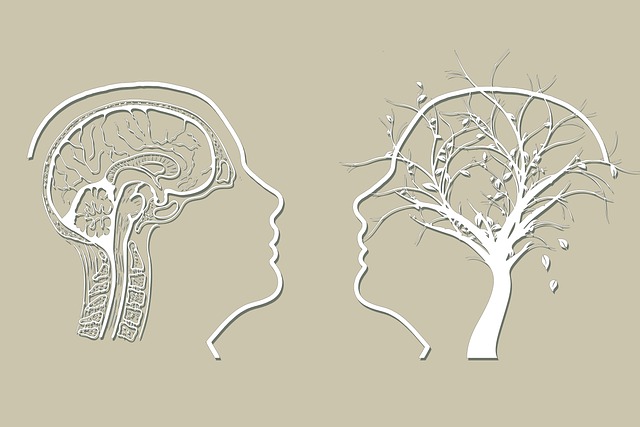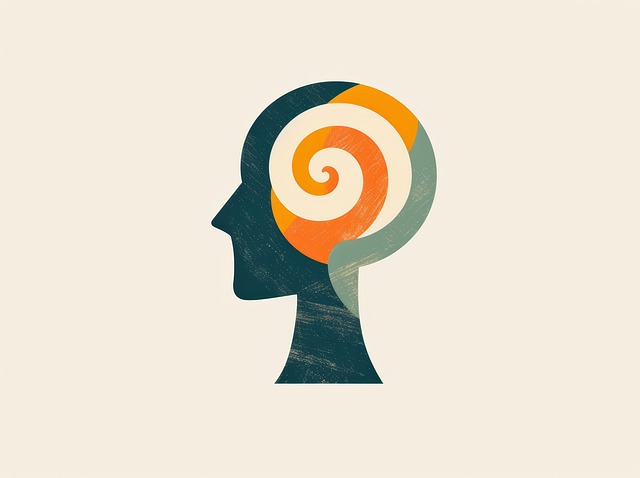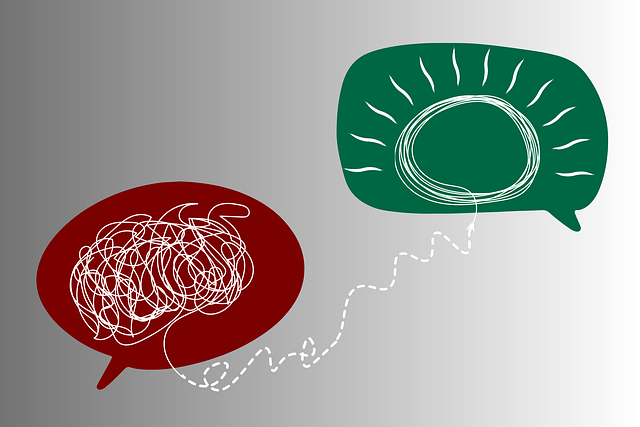Emotional Intelligence (EI) is a powerful tool for personal growth, with Littleton Anger Management Therapy offering a unique approach to managing intense emotions like anger. This therapy focuses on self-awareness, communication skills, and empathy development through identifying triggers, learning healthy coping mechanisms, and regulating strong emotions. By combining stress reduction techniques, mood regulation strategies, and reflective practices like journaling and podcast listening, individuals gain emotional fortitude, improve relationships, and enhance decision-making capabilities, ultimately increasing their EI and overall well-being.
Emotional intelligence (EI) is a powerful tool that can transform personal and professional relationships. Understanding and managing emotions effectively has a profound impact on our well-being and success. This article delves into the core aspects of EI, focusing on anger management as a key component. We explore practical strategies to enhance EI and highlight the beneficial role of Littleton Anger Management Therapy in building these crucial skills. By understanding and harnessing emotional intelligence, individuals can navigate relationships with greater ease and foster healthier, more fulfilling lives.
- Understanding Emotional Intelligence and Its Impact
- Identifying and Managing Anger: A Key Component of EI
- Strategies for Enhancing Emotional Intelligence
- The Role of Littleton Anger Management Therapy in Building EI
Understanding Emotional Intelligence and Its Impact

Emotional Intelligence (EI) is a powerful concept that refers to an individual’s ability to recognize, understand, and effectively manage their own emotions, as well as perceive, interpret, and influence the emotions of others. It involves a deep self-awareness, coupled with excellent communication strategies, and empathy. This remarkable skill set has far-reaching implications for personal growth and success in various aspects of life, including professional settings, relationships, and mental wellness coaching programs development.
The impact of high EI is profound; it fosters better decision-making, strengthens interpersonal connections, and enhances overall emotional well-being promotion techniques. For instance, individuals with strong emotional intelligence can navigate challenging situations, such as managing anger in therapy like Littleton Anger Management Therapy, by responding calmly and rationally, thereby reducing potential conflicts. Moreover, effective communication strategies built on EI enable people to build robust relationships, resolve conflicts, and create supportive environments, both at home and in the workplace.
Identifying and Managing Anger: A Key Component of EI

Anger is a powerful emotion that, when left unmanaged, can lead to destructive behaviors and strained relationships. It’s a crucial aspect that needs addressing in emotional intelligence (EI) development. Many individuals struggle with anger, often finding it overwhelming and challenging to control. This is where Littleton Anger Management Therapy steps in as an effective tool for improvement.
Through specialized techniques and strategies, therapy provides a safe space to identify the root causes of anger. It teaches individuals healthier ways to express and manage this emotion, enhancing their emotional intelligence. By learning stress reduction methods and improving mood management skills, one can develop inner strength and resilience. This not only benefits personal relationships but also contributes to overall well-being and better decision-making abilities.
Strategies for Enhancing Emotional Intelligence

Building emotional intelligence (EI) is a multifaceted process that involves understanding and managing your own emotions, as well as recognizing, empathizing, and responding appropriately to others’ feelings. One effective strategy for enhancing EI is through Littleton Anger Management Therapy. This approach helps individuals identify triggers, learn healthy coping mechanisms, and improve their ability to regulate strong emotions, particularly anger. By focusing on self-awareness and communication skills, therapists guide clients towards more constructive ways of expressing and managing their feelings.
In addition to therapy, engaging in Mental Wellness Journaling Exercise Guidance can significantly contribute to developing EI. Journaling encourages individuals to reflect on their emotional experiences, track triggers, and identify patterns. This introspective practice fosters self-awareness, promotes positive thinking, and enhances the ability to empathize with others by gaining insights into one’s own emotional responses. Furthermore, Mental Wellness Podcast Series Production offers a rich resource for learning about EI through expert interviews, practical tips, and real-life stories that inspire listeners to integrate these principles into their daily lives.
The Role of Littleton Anger Management Therapy in Building EI

Littleton Anger Management Therapy plays a pivotal role in cultivating emotional intelligence (EI). By focusing on anger as a primary emotion, this therapeutic approach helps individuals gain deeper insights into their triggers and responses. Through self-awareness exercises, participants learn to recognize patterns of anger expression, enabling them to manage intense emotions effectively. This process fosters better understanding of one’s own feelings and those of others, laying the foundation for enhanced EI.
Moreover, Littleton Anger Management Therapy promotes risk management planning for mental health professionals, empowering individuals to proactively prevent angry outbursts. Alongside, it encourages the development of a robust self-care routine for better mental health, which is essential for maintaining emotional balance. These integrated strategies not only help in managing anger but also strengthen the capacity for empathy and emotional regulation, key components of EI.
Emotional intelligence is a powerful tool for personal growth and healthy relationships. By understanding and managing anger, one of the key components of emotional intelligence, individuals can significantly enhance their overall well-being. The strategies outlined in this article provide practical ways to build emotional intelligence, with a particular emphasis on the effective practices of Littleton Anger Management Therapy. Incorporating these techniques into daily life can foster better self-awareness, improve interpersonal connections, and lead to more fulfilling relationships and a higher quality of life.













